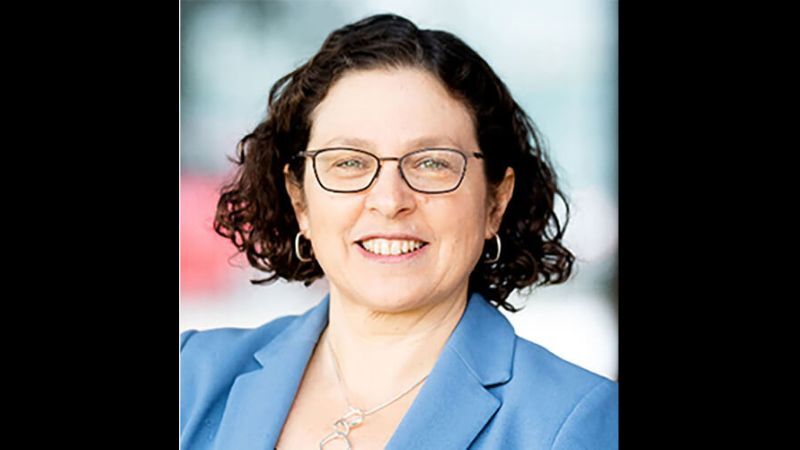The UC San Francisco Benioff Homelessness and Housing Initiative (BHHI) has unveiled the findings of one of the most comprehensive studies into why California has so much homelessness.
"The results of the study confirm that far too many Californians experience homelessness because they cannot afford housing," Dr. Margot Kushel, director of the UCSF BHHI, said. "Through thousands of survey responses and hundreds of in-depth interviews, the study's findings reflect the incalculable personal costs of homelessness. Our policy recommendations aim to inform solutions to the homelessness crisis."
Entitled the California Statewide Study of People Experiencing Homelessness, the groundbreaking study delved deep into the cause of homelessness in a state that accounts for 30% of the nation's homeless population and half of its unsheltered population, a news release said. Such a complete evaluation has not been made since the mid-1990s.
Most of the study participants revealed that soaring housing costs factored heavily into their homelessness and that rental subsidies, or even one-time financial assistance, could have helped.
In the six months before becoming homeless, participants had a median monthly household income of $960, the survey revealed.
The results of the study also found 47% of all homeless adults were 50 years old or more, reflecting an aging demographic. The homeless population further included a disproportionate number of Black and Native Americans. Despite common misconceptions, most homeless individuals were Californians, with 90% of participants having lost their last housing within the state and 75% still living in the same county where they last had housing.
For many, 9 out of 10, being homeless also involved periods without shelter altogether, according to the study. The median duration of homelessness was determined to be 22 months.
Additionally, an institutional connection to homelessness was experienced by a significant number, with findings showing that one out of every five individuals transitioned into homelessness from an institution.
For another sizable portion of the homeless, an estimated 60%, their bleak situation was associated with not holding a lease, perhaps residing with family or friends. As far as employment, although approximately half of the study participants were actively looking for a job, they had a weak connection to both the job market and necessary services.
"California is taking bold steps to address unmet needs for physical and behavioral health services, to create a range of housing options that are safe and stable, and to meet people where they are at," Dr. Mark Ghaly, secretary of the California Health and Human Services Agency, said. "We are grateful for the voices of those who participated in this study, as they will help guide our approach."

